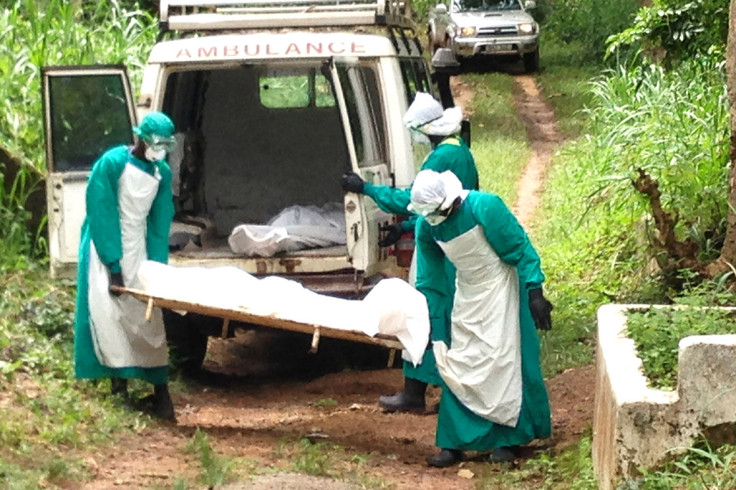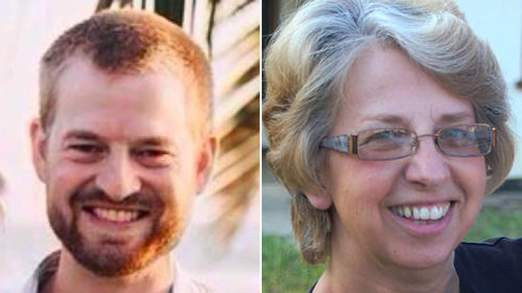Ebola Outbreak: WHO Rules Ethics Allow Use of Experimental Drugs ZMapp and TKM-Ebola

The World Health Organisation (WHO) has ruled that the use of experimental drugs to treat Ebola victims is ethically sound.
WHO recently declared the Ebola outbreak an international health emergency, and today said that more than 1,000 people have died from the latest outbreak of the deadly virus.
Two American health workers, who contracted Ebola while working in Liberia, were treated with the experimental drug ZMapp and their health quickly improved.
Nancy Writebol and Doctor Kent Brantly were flown back to the US, and both are still believed to be in a good condition.
However, their treatment with the experimental drug – which has not been tested on humans for safety – raised ethical questions about its use and who it should be given to. The makers of ZMapp, San Diego-based pharmaceutical company Mapp Biopharmaceutical Inc, said there are only limited supplies of the drug.
Following a meeting of medical ethics experts, WHO said: "West Africa is experiencing the largest, most severe and most complex outbreak of Ebola virus disease in history. Ebola outbreaks can be contained using available interventions like early detection and isolation, contact tracing and monitoring, and adherence to rigorous procedures of infection control. However, a specific treatment or vaccine would be a potent asset to counter the virus.

"Over the past decade, research efforts have been invested into developing drugs and vaccines for Ebola virus disease. Some of these have shown promising results in the laboratory, but they have not yet been evaluated for safety and efficacy in human beings.
"The large number of people affected by the 2014 west Africa outbreak, and the high case-fatality rate, have prompted calls to use investigational medical interventions to try to save the lives of patients and to curb the epidemic."
WHO said the ethics panel had met to assess the potential use of unregistered drugs: "In the particular circumstances of this outbreak, and provided certain conditions are met, the panel reached consensus that it is ethical to offer unproven interventions, with as yet unknown efficacy and adverse effects, as potential treatment or prevention."
It said there must be strict criteria in place to use experimental drugs, including transparency of care, informed consent, freedom of choice and confidentiality. WHO also noted that there is a "moral obligation" to share all data generated from its use.
"There was unanimous agreement that there is a moral duty to also evaluate these interventions (for treatment or prevention) in the best possible clinical trials under the circumstances in order to definitively prove their safety and efficacy or provide evidence to stop their utilisation. Ongoing evaluation should guide future interventions."
© Copyright IBTimes 2025. All rights reserved.






















